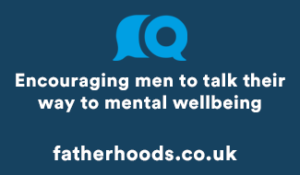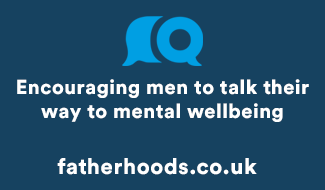We will never really know how many children and families experience Domestic Violence (DV) as so many of these incidents go unreported. But what we do know for certain is that witnessing DV has an adverse effect on children.
Witnessing DV
Over half of known DV incidents happen when a child is present, and half of these happen when a child is under the age of 6. Most of the time, children are not directly physically hurt during these incidents, but the lasting impact on their development is significant. For example, children who have witnessed DV are more likely to have difficulties in their friendships, find it harder to concentrate at school, do fewer activities outside school, act in an aggressive way and will have symptoms of trauma such as nightmares and flashbacks.
My four children became so hard-wired to abuse that they normalised it like toast and honey. Kitty, Mum.
This all makes sense when you think of how children learn. Children, especially younger ones, learn predominantly by observing and imitating. As any parent will tell you, you could tell your child to do something a hundred times and they won’t. Show them how to do it and they are far more likely to copy you. Watching your parents physically hurt each other is a terrifying experience for children. The two people you love the most and who guide you through life are doing the very things you know are wrong. These children go back into school the next day and will act out what they’ve seen. They get into trouble for it, and yet their parents don’t. They get into trouble at school and they go home to a house that scares them. There is little wonder they don’t blossom.
What does research tell us?
But, research is helping us to understand how we can best support children who have witnessed DV. There are a few clues coming out of studies, with the most significant one being that the child needs a mother with ‘good enough’ parenting skills and a mother who is functioning as well as she can despite the DV. That is, having a pillar of strength, hope and comfort in the form of a responsive mother can build up the child’s resilience to help them get through this period of time (NB: The research has focused mainly on male to female DV as that is still the most common form. It will be interesting to see what is found when researchers begin to study female to male DV). Being a family who is active, sociable and organised is also a protective factor. As you would expect, being exposed to DV for a shorter period of time, and it being the first time it’s occurred, will also mean that you are better able to cope with it.
Intervention and support
Given that a child can be buffered from the effects of DV by the continuing care of a ‘solid’ parent, it follows that any effective intervention should involve the parent as well as the child. Studies have looked at the impact of teaching children social skills as well as coping skills. The main difference in how children did was still determined by how their parent was functioning. So again, the message is clear that the more the parent is coping and functioning the more the child will be able to keep going.
Parents need to get all the support they can so that they can in turn be that pillar of strength Acknowledging and admitting to the DV is the first step. Accessing support and networks is the second. These are difficult to do as DV seeps into the very core of a person’s belief in themselves and the future. But, knowing that how you as a parent copes is the biggest determiner of how your child copes may give you the drive you need to change things.
Posted on March 2, 2020














